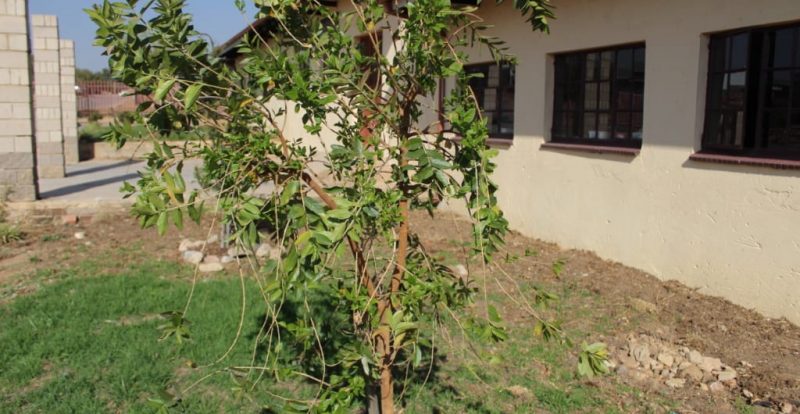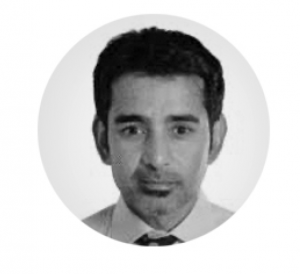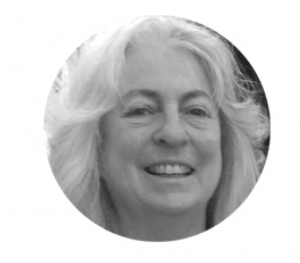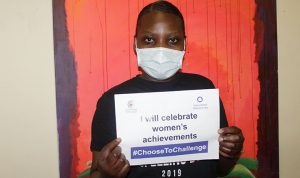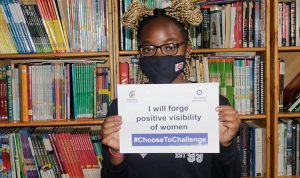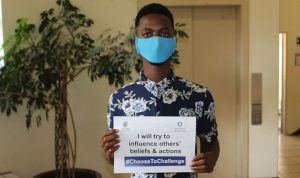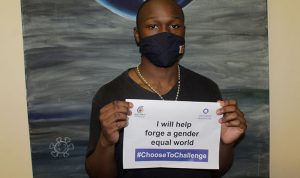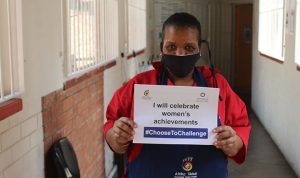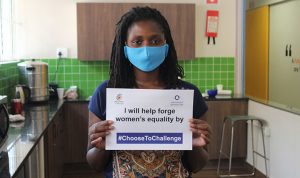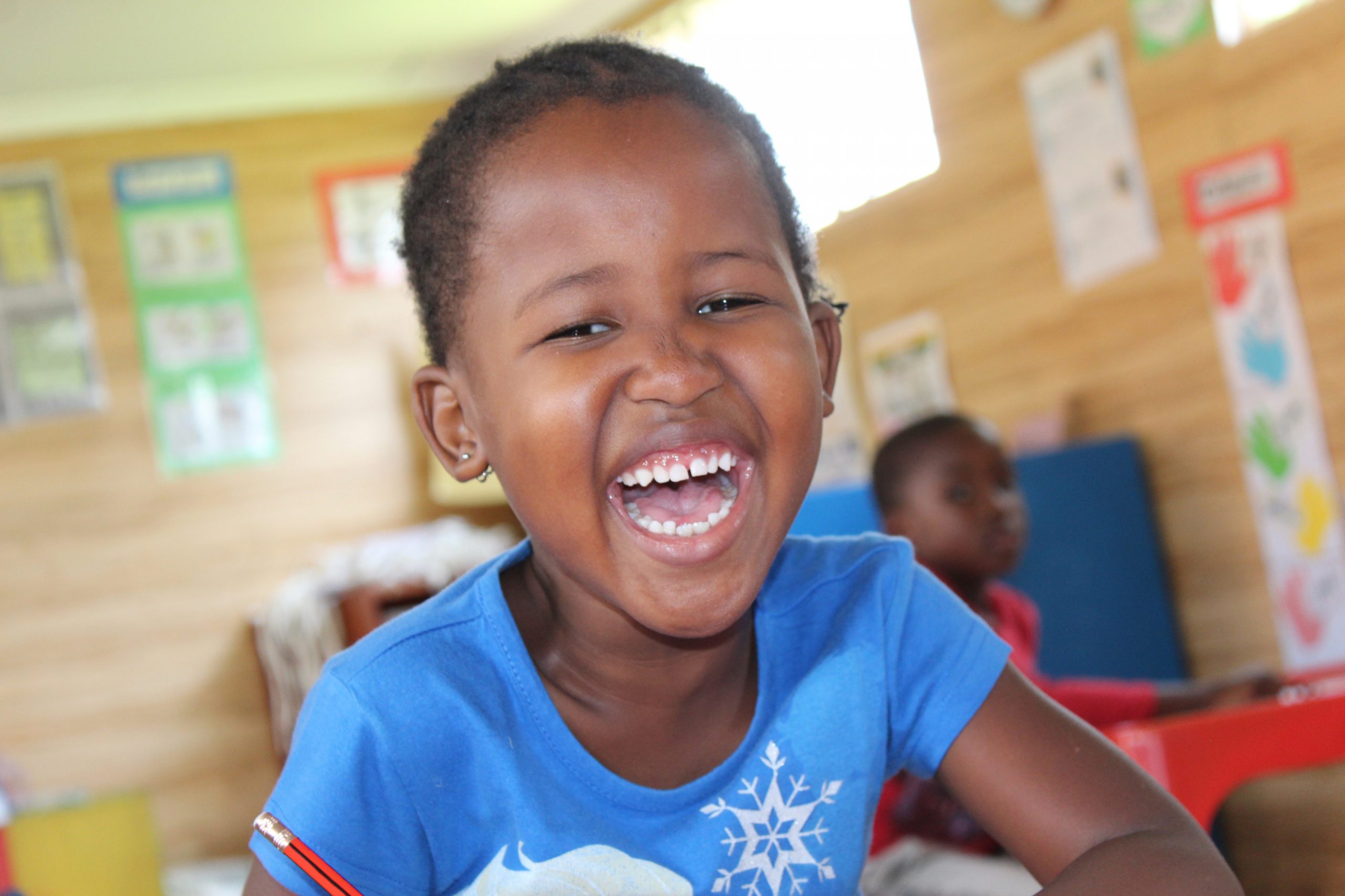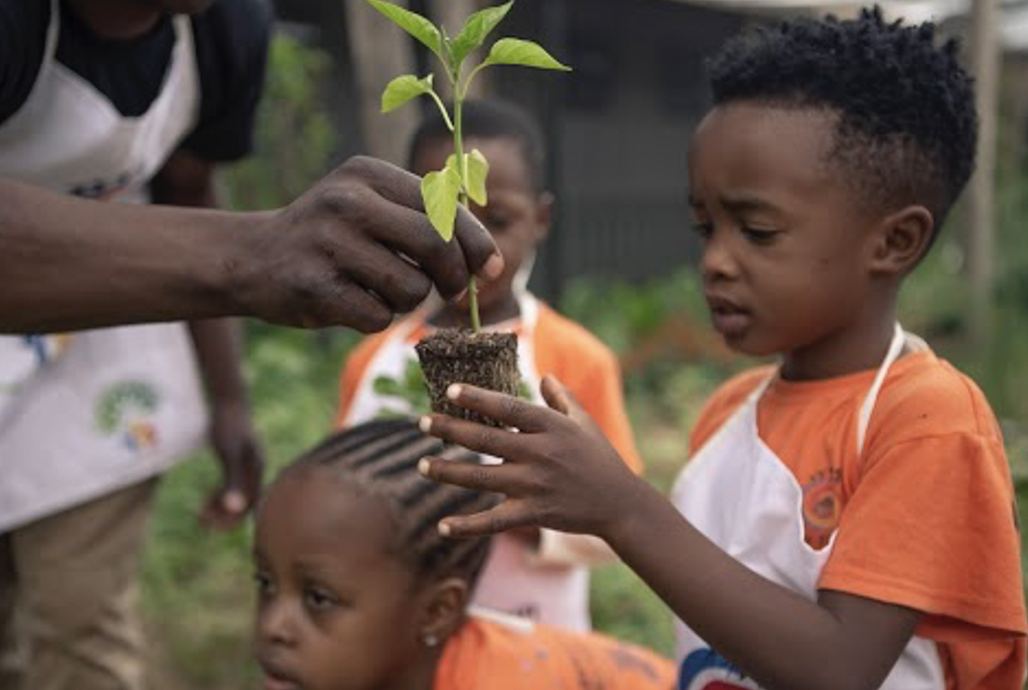ALUMNI NETWORK CAPE TOWN REJUVENATED
Cape Town- on the 31st January at the launch of Young Urban Women and Men Conference with over 100 young people engaging on real and health issues surrounding young people.
Our Alumni Network has now grown to over 2,500 members across South Africa. Luzuko Mabhongo, Assistance Facilitator and Alumni Network Coordinator at Zolile Malindi Centre in Mfuleni, is a graduate of our Career Development Programme. “My journey with the Alumni Network has been very exciting,” says Luzuko. “Especially in 2019 with so many great memories, such as the Annual Business Summit that had two winners from Cape Town.”
The growth of the Network in Cape Town hasn’t been easy, particularly given their spatial distance from the Alumni headquarters in Johannesburg. However, the members remained focused and committed and together with support from colleagues such as Nehwoh Belinda and Warren Radebe, they were able to create and sustain a vibrant and engaging Alumni community. Luzuko is particularly grateful for the comradery on the annual Alumni Day, where all members get an opportunity to network and catch up.
The Young Urban Men and Women programmes remain a favourite as it provides a safe space for both genders to engage on issues relating to, among other things, youth sexual and reproductive health. This year, members faced an unexpected challenge as a result of Covid-19, but are continuing to give back to the community, help others to stay safe and engage as a network.
MEET DONALD LESEGO LEKALAKALA, YES PROGRAMME CANDIDATE AND ALUMNI

“I am a Child and Youth Development Assistance Facilitator at Afrika Tikkun, Phuthaditjaba Centre in Alexandra. I am very proud that I joined Afrika Tikkun, which helped me so much and made me realize what my passion is: working with children and youth. Today, I am part of the YES program which gave me an opportunity to gain experience in working with young people.
With Covid-19 affecting my community, I had to change my plans and adjust to new expenses like higher data usage to do my school work. This sometimes limits me. Thanks to the YES4YOUTH modules about approaching new challenges, I have learned a lot about myself – such as what I am capable of, the importance of saving money and how to spend it wisely.”
Donald is currently preparing for a permanent employment opportunity after the YES Programme. We wish him and all ATS candidates all the best in their preparation for the future.
OPEN FOR ENTRIES: ANNUAL BUSINESS SUMMIT 2020

Once again, the Annual Business Summit 2020 entries are open. The Annual Business Summit provides an opportunity for Alumni Members to compete in an entrepreneurial competition in order to win mentorship and much more. This year we are looking for determined and innovative young people in two categories:
- Existing business for 3 to five years
- Business Ideas- innovative and doable
Entries will open from 4 to 29 May 2020.
To apply, please email a one-page essay about why you want to enter the competition and how can it help you. It should also include a paragraph about your business or your business idea. Please email to Alumni Network’s Project Manager, Warren Radebe – Warrenr@afrikatikkun.org.
We look forward to seeing you in our business boardroom!
APPLY FOR COVID-19 SOCIAL RELIEF OF DISTRESS GRANT
From Monday 11th May 2020, SASSA applications for R350 grant open.
If you know of anybody in your family/community/church, who is:
-unemployed
-not be receiving any other grants (eg. child support, NSFAS, pension, etc.)
-not be receiving fund from the UIF
-not be receiving any income
-not be a resident in a government funded or subsidised institution
-above the age of 18
-a South African Citizen/Permanent resident in South Africa Registered refugee
Get them to apply via:
-Whatsapp: 0820468553
-SMS(USSD): *134*7737#
-Email: srd@sassa.gov.za
-1st payments are expected to take place by 15th May 2020.


WE ARE LOOKING FOR YOU! AFRIKA TIKKUN SERVICES RECRUITMENT

We have exciting learnerships, work experience placements and specialized training opportunities for candidates who are unemployed or not placed anywhere under Afrika Tikkun.
If you are interested, please make an appointment for your assessment by contacting Lungisani at lungisanim@afrikatikkun.org
WE ARE LOOKING FOR YOU! AFRIKA TIKKUN SERVICES RECRUITMENT
Afrika Tikkun Alumni Network invites you to take part in our member tracking survey. The purpose of this survey is to find out a little more about you and your career aspirations. This will help us to devise the most effective ways to support you in becoming economically empowered. The survey should take approximately 5 minutes. Thank you for your time and for helping us improve our services.
To fill out the survey click on the link below:
REGISTER ONLINE: AFRIKA TIKKUN ALUMNI NETWORK
To register and become a full member of the Afrika Tikkun Alumni Network, please click on the link below. This requires an internet connection. Looking forward to having you as our member:












